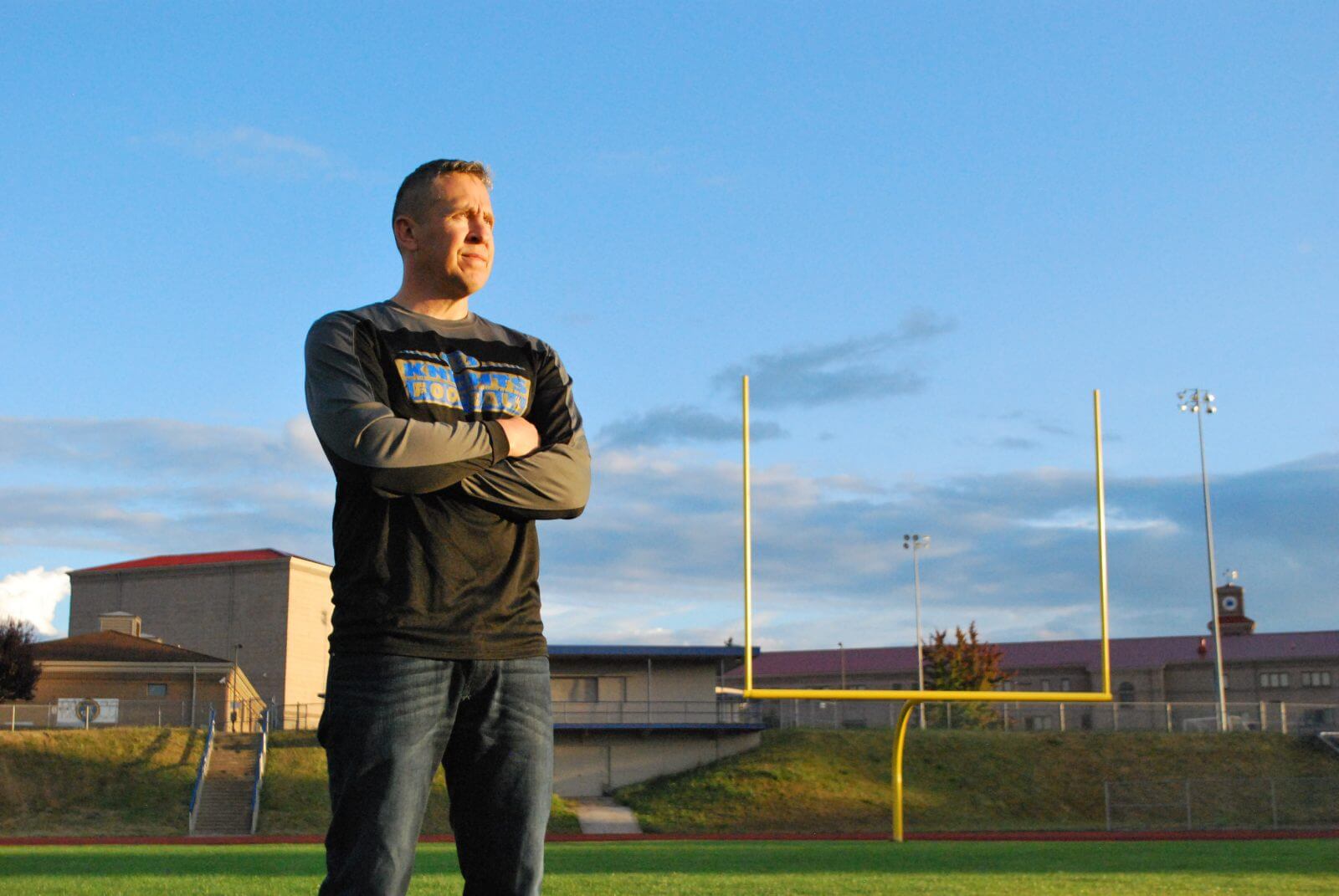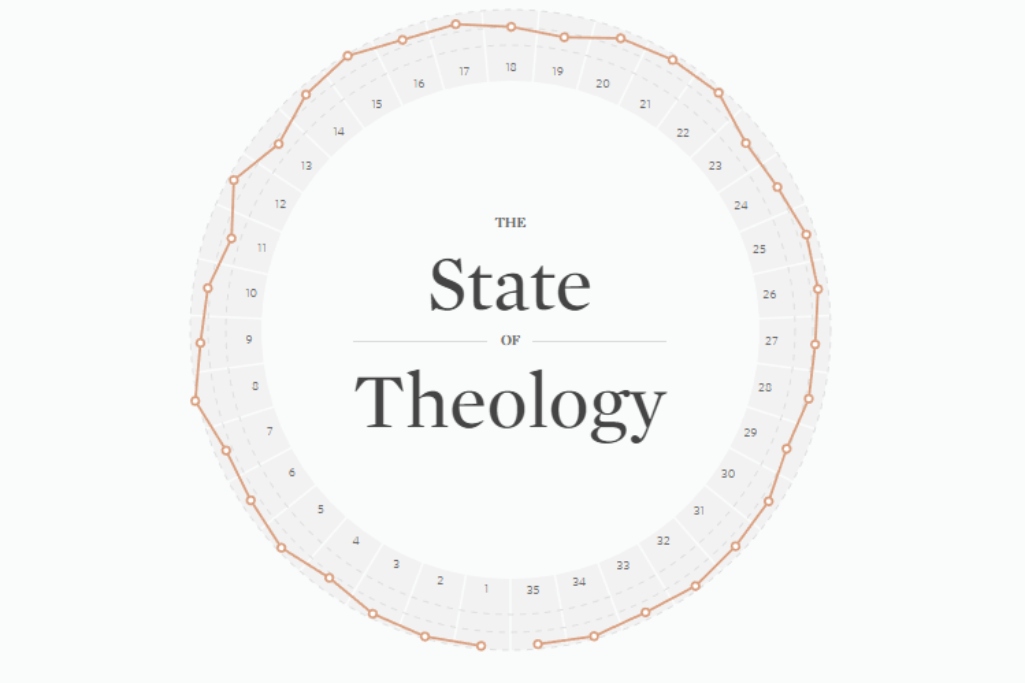An appeals court reversal of laws in Florida banning counseling for teenagers experiencing same-sex attraction has the potential to overturn such bans nationwide, the winning attorney told Baptist Press.
In a 2-1 decision, the 11th U.S. Circuit Court of Appeals overturned separate bans in Boca Raton and Palm Beach County, Fla., Nov. 20, deeming them unconstitutional and a violation of free speech. Mat Staver, founder and chairman of Liberty Counsel, which represented two therapists who challenged the ordinances, said the ruling is applicable in all three states the 11th Circuit covers – Florida, Georgia and Alabama – and establishes precedent for bans active in about 18 states, Washington D.C., Puerto Rico and as many as 70 local jurisdictions.
“They’re all going to be unconstitutional because they’re all virtually identical,” Staver said Nov. 23. “All of them across the country are. … It’s binding in those three states; it’s strong precedent in the other states.”
The ruling directly addressed the bans in Florida against what the court called “sexual orientation change efforts (SOCE).” Established in 2017, the ordinances were among a number of bans across the nation that describe the therapy as a serious health risk to minors. However, both bans allowed counseling to support a person undergoing gender transition, the court said.
“The ordinance bars covered providers from treating minors with any counseling, practice or treatment performed with the goal of changing an individual’s sexual orientation or gender identity, including, but not limited to, efforts to change behaviors, gender identity, or gender expression, or to eliminate or reduce sexual or romantic attractions or feelings toward individuals of the same gender or sex,” according to the ruling. Both the city of Boca Raton and Palm Beach County cited various professional health groups in their defense, and banned therapies including “talk therapy,” the court said in its ruling.
Boca Raton and Palm Beach County have not indicated whether they will appeal the decision.
“We actually hope that they actually ask the Supreme Court to review the case, because our goal has always been to get one of these back to the Supreme Court to strike them down around the country,” Staver said. “If they don’t, we’ll be litigating in other places as well. We’ll eventually get one of these to the U.S. Supreme Court to strike them down everywhere. … Other states and localities ought to take recognition of it because it’s just a matter of time before we’re coming after all these other circuits as well.”
Those opposed to counseling for teenagers experiencing same-sex attraction cite professional opinions by the American Psychological Association and others. But the court said free speech is protected, even when it isn’t popular.
“If there is a bedrock principle underlying the First Amendment, it is that the government may not prohibit the expression of an idea simply because society finds the idea itself offensive or disagreeable,” Judge Britt Grant wrote in the ruling. “The challenged ordinances violate that principle, and the district court should have enjoined their enforcement. We therefore reverse the district court’s order and remand for entry of a preliminary injunction consistent with this opinion.”
In her dissent, Judge Beverly Martin said “the majority entirely discounts professional organizations’ judgments in this case. … When it comes to regulation of allegedly … harmful medical practices, the judgment of professional organizations strikes me as quite relevant. But, importantly, the localities did not just rely on statements of organizational disapproval of SOCE. Instead, as I discussed, this disapproval is backed up by a mountain of rigorous evidence.”
The cases before the court were Robert W. Otto v. City of Boca Raton, Fla., and Julie H. Hamilton v. County of Palm Beach, Fla. The bans did not apply to clergy counselors nor to adult patients.
(EDITOR’S NOTE – Diana Chandler is Baptist Press’ senior writer.)


